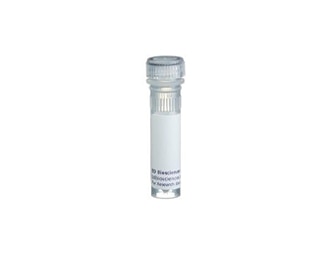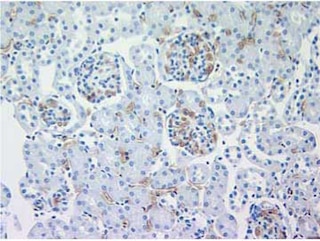-
Training
- Flow Cytometry Basic Training
-
Product-Based Training
- BD FACSDiscover™ S8 Cell Sorter Product Training
- Accuri C6 Plus Product-Based Training
- FACSAria Product Based Training
- FACSCanto Product-Based Training
- FACSLyric Product-Based Training
- FACSMelody Product-Based Training
- FACSymphony Product-Based Training
- HTS Product-Based Training
- LSRFortessa Product-Based Training
- Advanced Training
-
- BD FACSDiscover™ S8 Cell Sorter Product Training
- Accuri C6 Plus Product-Based Training
- FACSAria Product Based Training
- FACSCanto Product-Based Training
- FACSLyric Product-Based Training
- FACSMelody Product-Based Training
- FACSymphony Product-Based Training
- HTS Product-Based Training
- LSRFortessa Product-Based Training
- United States (English)
-
Change country/language
Old Browser
This page has been recently translated and is available in French now.
Looks like you're visiting us from {countryName}.
Would you like to stay on the current country site or be switched to your country?


Regulatory Status Legend
Any use of products other than the permitted use without the express written authorization of Becton, Dickinson and Company is strictly prohibited.
Preparation And Storage
Recommended Assay Procedures
For IHC, we recommend the use of purified TER-119 mAb in our special formulation for immunohistochemistry, Cat. No. 550565.
Product Notices
- Since applications vary, each investigator should titrate the reagent to obtain optimal results.
- Please refer to www.bdbiosciences.com/us/s/resources for technical protocols.
- Caution: Sodium azide yields highly toxic hydrazoic acid under acidic conditions. Dilute azide compounds in running water before discarding to avoid accumulation of potentially explosive deposits in plumbing.
Companion Products


The TER-119 antibody specifically binds to a 52 kDa molecule associated with glycophorin A on cells of the erythroid lineage in embryonic yolk sac, fetal liver, newborn liver, adult bone marrow, adult peripheral blood, and adult lymphoid organs. The TER-119 antigen is expressed on erythroid cells from pro-erythroblast through mature erythrocyte stages, but not on cells with BFU-E or CFU-E activities. The TER-119 epitope is not detected on hematopoietic stem cells, lymphoid cells, myeloid cells, or erythroleukemia lines. The TER-119 mAb is a component of the "lineage cocktail" used in studies of hematopoietic progenitors to detect, or deplete cells committed to the hematopoietic lineages.
This antibody is routinely tested by flow cytometric analysis. Other applications were tested at BD Biosciences Pharmingen during antibody development only or reported in the literature.
Development References (4)
-
Ikuta K, Kina T, MacNeil I, et al. A developmental switch in thymic lymphocyte maturation potential occurs at the level of hematopoietic stem cells. Cell. 1990; 62(5):863-874. (Clone-specific). View Reference
-
Kina T, Ikuta K, Takayama E, et al. The monoclonal antibody TER-119 recognizes a molecule associated with glycophorin A and specifically marks the late stages of murine erythroid lineage. Br J Haematol. 2000; 109(2):280-287. (Immunogen: Immunoprecipitation, Western blot). View Reference
-
Kitajima K, Kojima M, Nakajima K, et al. Definitive but not primitive hematopoiesis is impaired in jumonji mutant mice. Blood. 1999; 93(1):87-95. (Clone-specific: Immunohistochemistry). View Reference
-
Osawa M, Tokumoto Y, Nakauchi H. Hematopoietic stem cells. In: Herzenberg LA, Weir DM, Blackwell C, ed. Weir's Handbook of Experimental Immunology, 5th Edition. Cambridge: Blackwell Science; 1996:66.1-66.5.
Please refer to Support Documents for Quality Certificates
Global - Refer to manufacturer's instructions for use and related User Manuals and Technical data sheets before using this products as described
Comparisons, where applicable, are made against older BD Technology, manual methods or are general performance claims. Comparisons are not made against non-BD technologies, unless otherwise noted.
For Research Use Only. Not for use in diagnostic or therapeutic procedures.
Report a Site Issue
This form is intended to help us improve our website experience. For other support, please visit our Contact Us page.